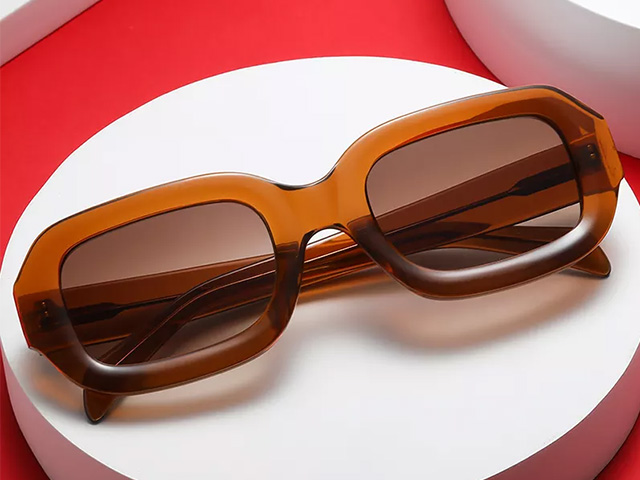
When the sunglasses are used for a long time, is his UV filter effect as good as before?
If you have a favorite pair of sunglasses, you've probably used them for years. Do old sunglasses still protect the eyes from ultraviolet (UV) damage?
The study did not directly answer the question of whether UV protection was worsening. The only way to be sure is to test your sunglasses.
Sunglasses with recommended protection will filter out all UV rays. UV rays can damage the surface tissues of the eye, the cornea and lens. Over time, UV damage can increase the risk of cataracts, macular degeneration, and other eye diseases. These conditions can reduce your vision.
A 2016 study from the University of S?o Paulo in Brazil looked at the tests to see if the UV protection of sunglasses is adequate. "This is not the same as testing whether the UV protection in sunglasses is going away," said Jeff Pettey, MD, assistant professor of ophthalmology at Moran Center University in Utah and a spokesman for the American Academy of Ophthalmology.

In recent years, UV blocking technology has improved. Most sunglasses today have UV protection built into the lenses, not coated on them. If you're concerned about the age and safety of your sunglasses, you can test them at an optical store with a UV meter.
If you're ready to buy a new pair of sunglasses, Dr. Pettey offers these tips for choosing the most protective sunglasses: Look for a label that says "100% UVA and UVB protection" or "100% UV 400 protection." Choose a larger frame that covers the eyes and surrounding skin. Frames that wrap around the sides of the face provide maximum protection.